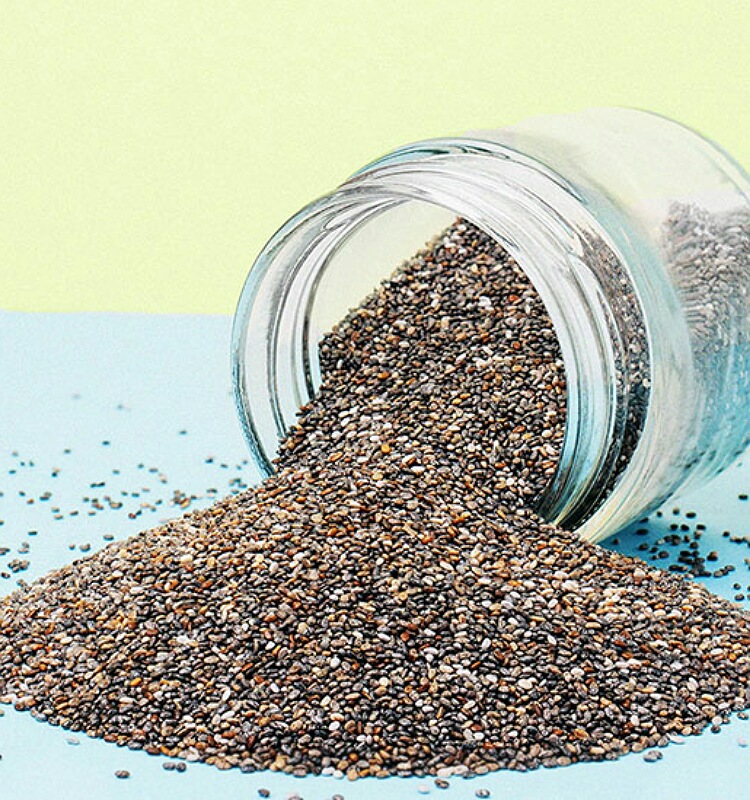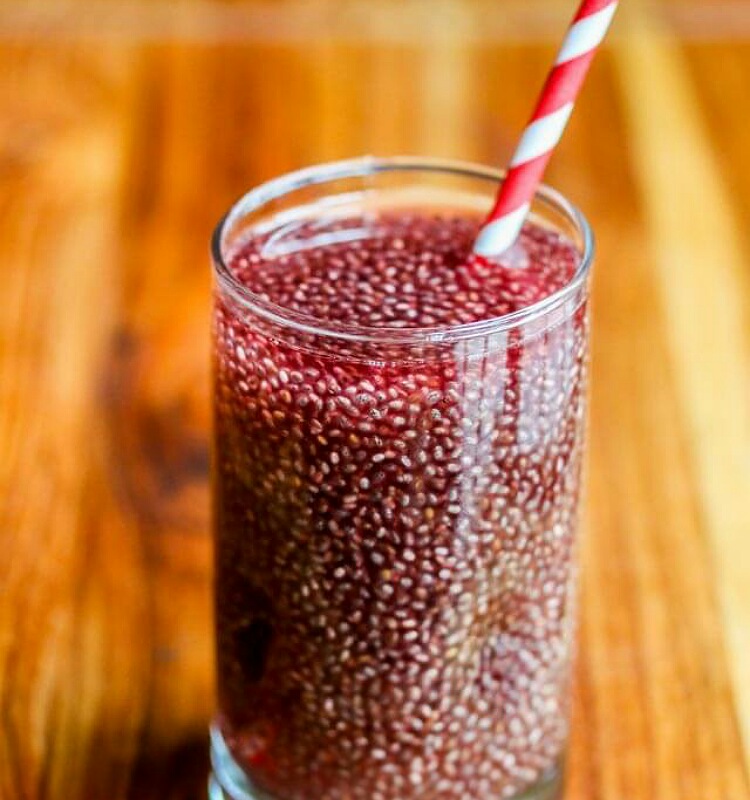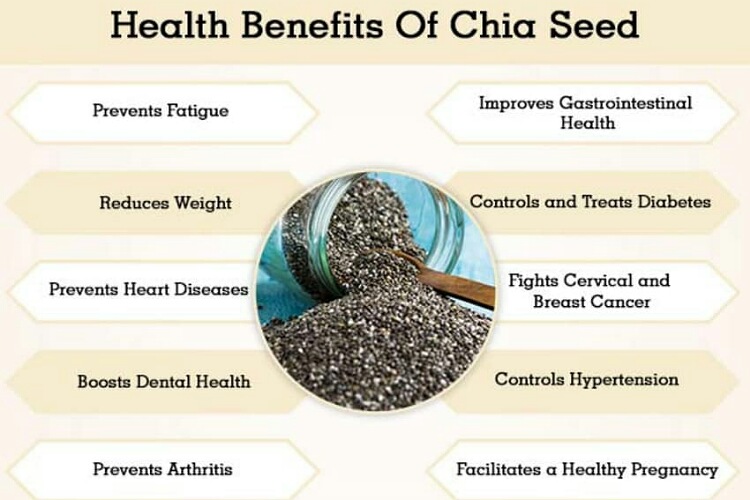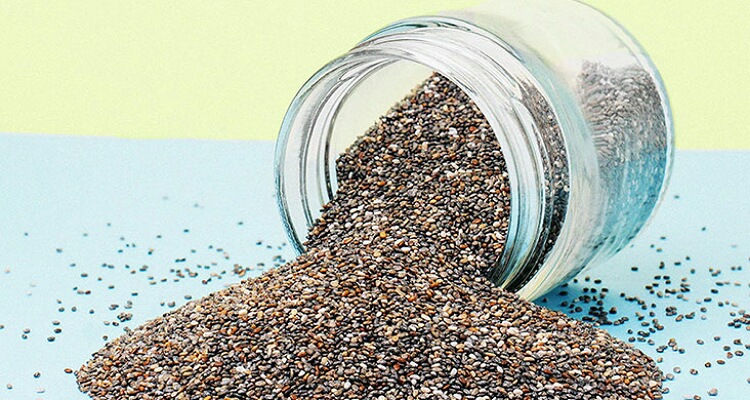Chia seeds are the seeds of the flowering plant called Salvia Hispanica. They are edible and widely used in the food industry. What are its various uses? How does it fare in nutrition? Is it healthy?
Chia seeds
Chia seeds come from the flowering plant called Salvia Hispanica. This is native to central and southern parts of Mexico and belongs to the family Lamiaceae. The seeds are dark-colored and oval.
They may be gray with white and black spots of them. They are tiny with a diameter of around 2 mm. The weight of each seed is only 1.3 mg. The characteristic of these seeds is that they are hygroscopic.
They absorb water 12 times their weight when soaked in water. This forms a mucilaginous layer on the outside of the seed.

There are some claims that during the pre-Columbian times, the Mesoamerican culture of Aztecs cultivated this crop. For these people, this crop was as important as maize.
It was a staple food at that time and ranked third in importance in their crops list after corn and beans. They used it as offerings to the priests.
Nutritional facts and uses
The dried chia seed has 6% water with 42% carbs, 31% fats, and 16% protein. Dietary fiber is high. If we take a reference of 100 grams of chia seeds, they provide 486 calories. Carbs are 42.1 grams, fats are 30.7 grams and proteins are 16.5 grams.
Dietary fiber is 34.4 grams. The vitamin content is also high with vitamin A, thiamine, riboflavin, niacin, folate, vitamin C, and E. The seeds also have high levels of calcium and iron as well as manganese, phosphorus, magnesium, zinc, and potassium.
The fats in the seeds are mainly of the healthy type and include omega-3 fatty acids, linoleic acid, and alpha-linolenic acid. Additionally, they contain a lot of antioxidants.

The seeds can be eaten raw or made into a gelatin-like product. One can sprinkle them on drinks, smoothies, granola bars, energy bars, breakfast cereals, oatmeals, yogurt, as well as the dough for tortillas or bread.
The gel of the seeds can replace eggs in baking foods. Therefore, they can make cakes, bread, etc for vegans and those who have an egg allergy.
Health benefits
The high antioxidants of these seeds mop up the damaging free radicals and protect the body against several chronic and inflammatory diseases. They are protective against certain cancer and also fight the aging process.
Their beneficial antioxidants are quercetin, caffeic acid, chlorogenic acid, myricetin, and kaempferol. Caffeic acid can fight inflammation and chlorogenic acid can lower blood pressure.

The high levels of protein and fiber cause a feeling of fullness. This assists weight loss and is therefore good for slimmers.
Some studies have shown that regular consumption of these seeds can prevent obesity and overweight. However, more research is needed in this direction.
The omega-3 fatty acids and fiber are good for the protection of the heart against diseases. They lower the bad cholesterol in the blood and can keep the heart healthy. Moreover, they reduce blood pressure.
The seeds can make the bones stronger due to the high levels of calcium, magnesium, phosphorus, and protein in them. Some studies have found that these seeds help increase bone mineral density.
Read more: Pumpkin seeds: evidence-based health benefits and nutritious
The fiber and protein also prevent high blood sugar spikes and are good for diabetics. They are versatile seeds that can easily be incorporated into daily diets. One can reap the benefits of these seeds easily and simply.
